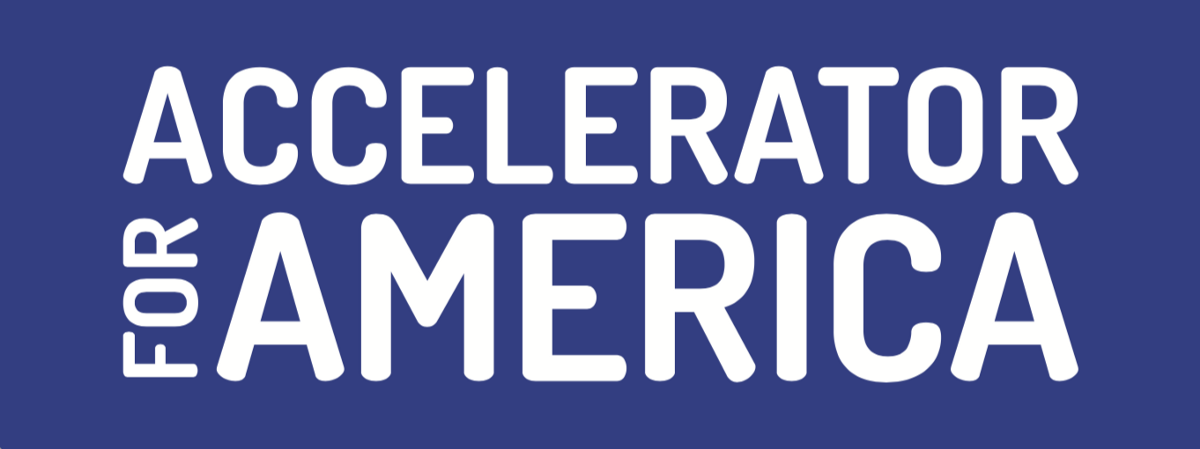Smart Cities Dive: Playbook urges 'overhaul' in infrastructure financing, planning
READ PLAYBOOK HERE
Dive Brief:
The New Partnership on Infrastructure coalition released its "America's New Playbook for Infrastructure" on Tuesday, calling for equitable and resilient infrastructure developments as the United States looks to recover from the coronavirus pandemic.
Localities should be given more autonomy by the federal government on which projects and areas to invest in, according to the playbook, led by nonprofit Accelerator for America with partners including WSP USA, City Possible and the U.S. Conference of Mayors. Investing in small and minority-owned businesses will help strengthen communities and "break cycles of racial inequity," and funds should be made available for "locally-focused and well-paying" jobs, according to the playbook. The groups also urged quicker investment in transportation electrification, broadband internet deployment and resilient water infrastructure.
Investment in infrastructure, something that has been frequently discussed but not yet enacted, is "essential to accelerating our nation’s economic recovery" and providing opportunities to local communities, according to The New Partnership on Infrastructure. Los Angeles Mayor Eric Garcetti, a co-founder of Accelerator for America, said in a statement that equitable infrastructure investment will build a "future that is far better than the pre-COVID status quo."
Overcoming IoT Complexity with Flexible Device Management
Explore how edge computing in an IoT environment allows IT leaders to efficiently and securely manage their dynamic organization.
Dive Insight:
Cities' recovery from the coronavirus pandemic has been heralded as an opportunity to re-imagine urban life and invest in revamping infrastructure after years of debate and discussion. After initial optimism at the start of President Trump’s term that a federal infrastructure bill would come to fruition, those hopes have faded, although Congress’ current discussions on a surface transportation bill could fill part of that void.
The playbook calls for local governments to be given more flexibility by the federal government in how they create jobs to support building new infrastructure, while aspects like reducing the burden of environmental review processes "without compromising environmental stewardship" have echoes of a recent Trump executive order directing federal agencies to waive environmental regulations and take other actions necessary to streamline and expedite infrastructure projects.
Elsewhere, the playbook contains a laundry list of other policy ideas, many of which have been previously floated like expanding electric vehicle (EV) charging infrastructure, establishing national Complete Streets guidelines in a bid to improve road safety, focusing recovery dollars spent on getting infrastructure up to a state of good repair and clearing regulatory hurdles to help cities install fiber more quickly.
Mayors supportive of the playbook said any new infrastructure funding presents an opportunity to use these policy initiatives to move the country forward and do so in a more equitable way. "Instead of trying to build back exactly what we had, how do we build back a fairer place, one that has more opportunities for more people?" Chattanooga, TN Mayor Andy Berke said in a statement.
New spending to help the United States recover from the coronavirus and stimulate the economy continues to be up for debate in Congress, with the $2 trillion Coronavirus Aid, Relief, and Economic Security (CARES) Act among the only pieces of meaningful legislation to pass in March in a bid to stabilize the economic impacts.
City leaders said local governments must be given the power to act and help their communities recover even further. "We have to keep investing now, both for the future, and because so much of our economy is counting on local government to make these investments," Phoenix Mayor Kate Gallego said in a statement.
To keep up with all of our coverage on how the new coronavirus is impacting U.S. cities, visit our daily tracker.
Read the full article from Smart Cities Dive here.

